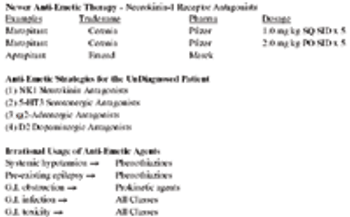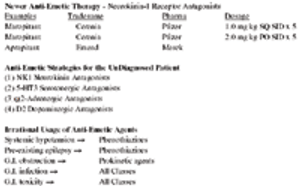
The initiating event of acute pancreatitis is the premature activation of digestive zymogens within the acinar cell. Premature activation of digestive zymogen results in acinar cell necrosis and pancreatic autodigestion.
Dr. Robert Washabau is a professor of medicine at the College of Veterinary Medicine at the University of Minnesota.

The initiating event of acute pancreatitis is the premature activation of digestive zymogens within the acinar cell. Premature activation of digestive zymogen results in acinar cell necrosis and pancreatic autodigestion.

The etiologies of acute necrotizing pancreatitis are probably not yet completely recognized. Biliary tract disease, gastrointestinal tract disease, ischemia, pancreatic ductal obstruction, infection, trauma, organophosphate poisoning, and lipodystrophy all have known associations with the development of acute necrotizing pancreatitis in the cat.

Mechanisms of gastrointestinal smooth muscle contraction have been a longstanding area of research interest. Our laboratory has been particularly interested in the role of myosin light chain phosphorylation in the regulation of contraction.

A complete and detailed history is the first step in establishing a correct diagnosis of a vomiting disorder. The patient's signalment will usually establish some level of probability for many of the differential diagnoses.

There are many potential causes of acute diarrhea in cats, but a smaller number of etiologies are associated with the development of feline chronic diarrhea.

Hemorrhage in the gastrointestinal tract may have a number of different pathogenetic mechanisms. Specific therapy for gastrointestinal hemorrhage will depend upon the etiopathogenesis as well as the site of hemorrhage.

IBD has been defined clinically as a spectrum of gastrointestinal disorders associated with chronic inflammation of the stomach, intestine and/or colon of unknown etiology.

Toxic hepatopathy is a direct injury to hepatocytes or other cells in the liver attributable to therapeutic agents or environmental toxins. Cats are particularly sensitive to phenolic toxicity because of limited hepatic glucuronide transferase activity.

Dr. Washabau describes how to handle this toxicosis in dogs.

Dr. Washabau discusses the risk factors for pancreatitis in dogs.

Published: March 15th 2007 | Updated:

Published: April 12th 2007 | Updated:

Published: April 1st 2010 | Updated:

Published: April 1st 2010 | Updated:

Published: April 1st 2010 | Updated:

Published: April 1st 2010 | Updated: